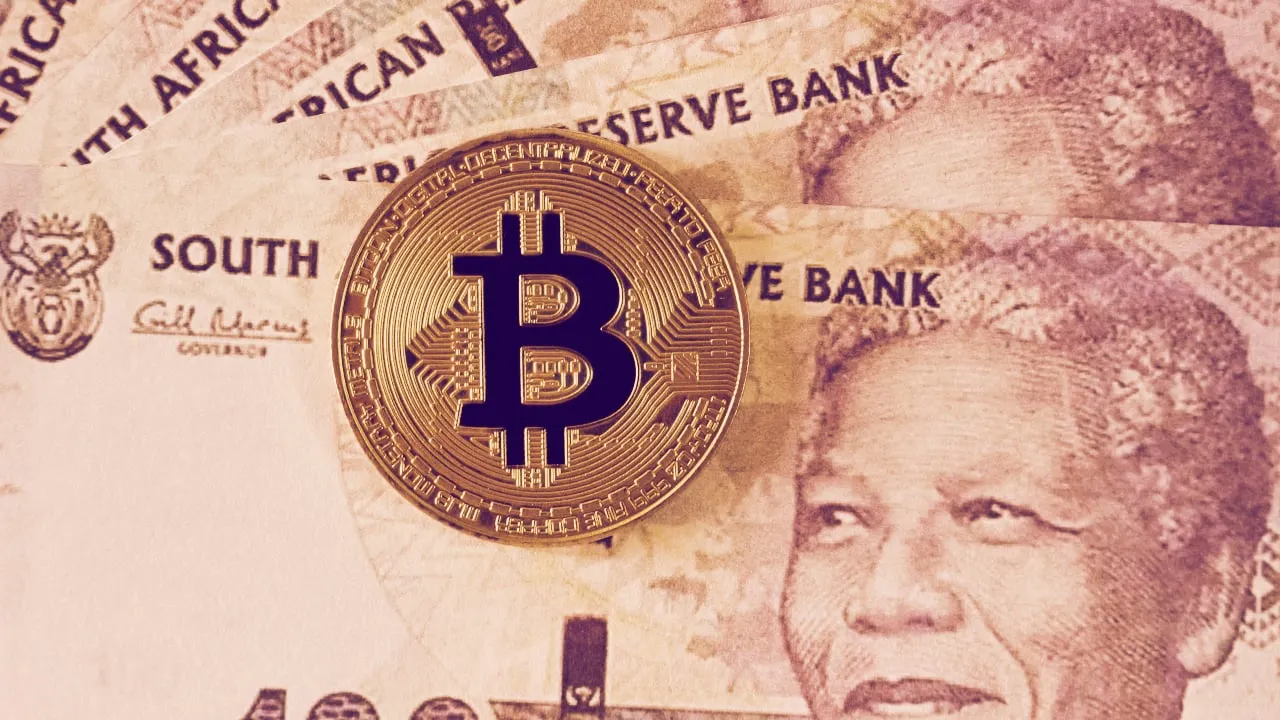In brief
- Bitcoin trading in parts of Sub-Saharan Africa has reached all-time highs.
- It's potentially due to economic turmoil in the region, as well as interest from the upcoming Bitcoin halving.
- The situation in Africa mirrors other parts of the developing world, such as Latin America.
Bitcoin trading in Sub-Saharan Africa is on a historic upswing.
At the moment, overall Bitcoin trading across peer-to-peer platforms has surpassed even the peak of the 2017 bull run, according to the data from analytics site Useful Tulips.
Over the last week, Ghana, Kenya, and the Central African region have reached new all-time highs in terms of P2P Bitcoin trading, while Nigeria came very close to breaking its previous record as well. According to Useful Tulips creator Matt Ahlborg, the surge in interest is potentially two-fold: the current state of these developing economies, and the expectations derived from the upcoming Bitcoin halving.
Nigeria is the queen of regional Bitcoin trading, with some $7.2 million exchanged during the past week. Behind it are Kenya and South Africa with $1.6 million and $1.1 million exchanged, respectively.
Other countries in the region moved less than $1 million in BTC last week, but showed a considerable increase in interest in Bitcoin just the same. Ghana, for example, registered a substantial number of new signups on the Paxful exchange, according to its CEO Ray Youseff.
Although regional inflation is fairly under control, ranging from 4% to 7% year-on-year, the worldwide economic crisis induced by the novel coronavirus outbreak has not gone unfelt in this part of the world.
According to World Bank data, Sub-Saharan Africa is on the verge of its first recession in 25 years, falling from 2.4% economic growth in 2019 to -5.1% in 2020. "Real gross domestic product growth is projected to fall sharply particularly in the region's three largest economies—Nigeria, Angola, and South Africa—as a result of persistently weak growth and investment," the World Bank said.
The situation in Africa shows a strong resemblance to what several economies in Latin America are currently experiencing. For some time now, the rampant inflation and devaluation of national currencies has led some traders in the region to turn to Bitcoin as a way to store and transfer value, given the difficulty they face investing in other commodities or even buying physical dollars.
Both Latin America and Africa could prove to be a testing ground for Bitcoin’s status as a store of value in times of economic difficulty.
Daily Debrief Newsletter
Start every day with the top news stories right now, plus original features, a podcast, videos and more.

